Comparative Religion Study - Comparative Analysis, Religious Studies
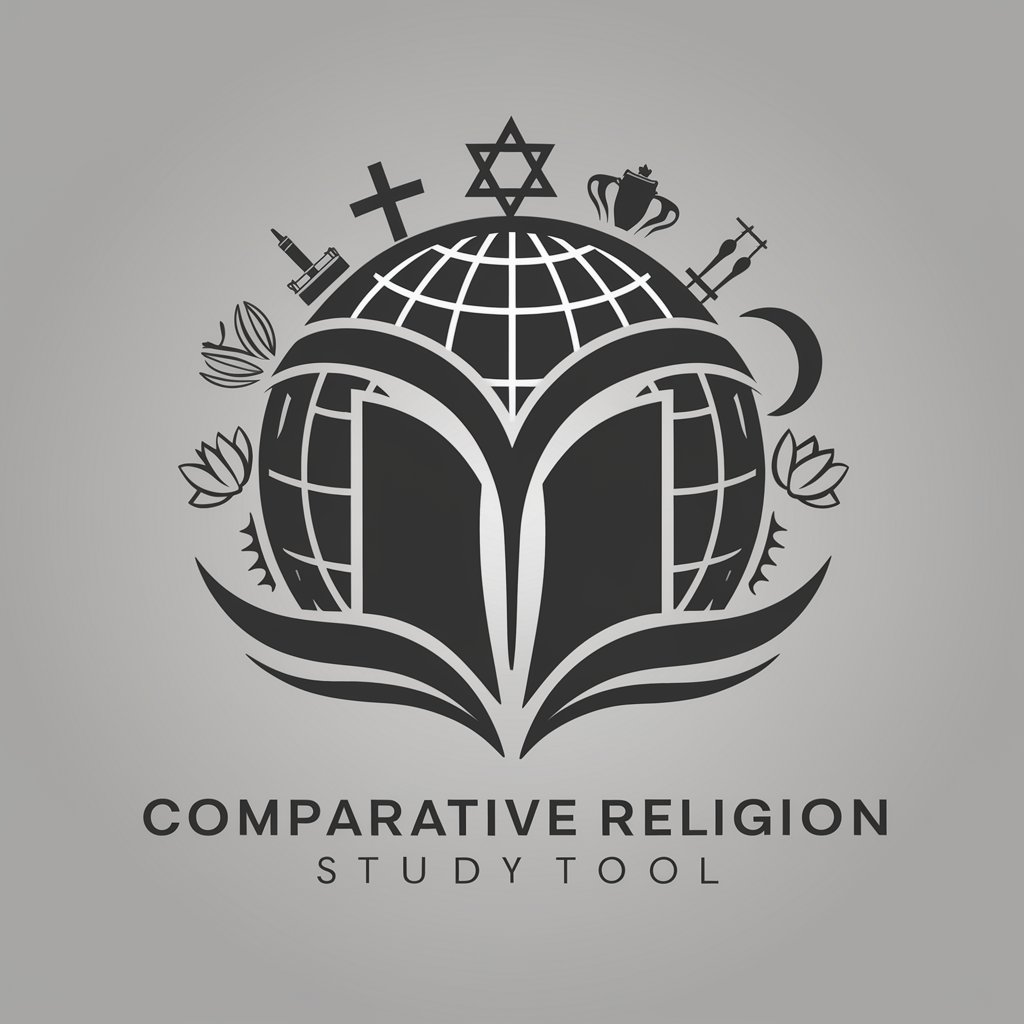
Welcome to Comparative Religion Study GPT.
Illuminating the intersections of faith with AI
Compare the creation myths from...
Analyze the role of meditation in...
Discuss the similarities between the ethical teachings of...
Examine the influence of ancient religious practices on...
Get Embed Code
Introduction to Comparative Religion Study
Comparative Religion Study is a specialized field within the broader discipline of religious studies, dedicated to analyzing, comparing, and understanding the similarities and differences across various religious traditions and beliefs. This field of study looks beyond the confines of a single religious tradition, seeking to uncover the underlying principles, practices, narratives, and theological concepts that religions share, as well as those that distinguish them from one another. It aims to foster a deeper appreciation of the complex ways in which religions interact with cultural, historical, and social factors. An example scenario illustrating the application of Comparative Religion Study might involve examining the concept of the afterlife across multiple religious traditions, such as Christianity, Islam, Hinduism, and Buddhism, to identify common themes of morality, justice, and transcendence, while also highlighting unique perspectives and teachings specific to each tradition. Powered by ChatGPT-4o。

Main Functions of Comparative Religion Study
Analysis of Religious Texts
Example
Comparing the narrative structures and theological themes of the Bhagavad Gita and the Bible to understand differing views on duty, morality, and salvation.
Scenario
Used in academic research or curriculum development to foster interfaith dialogue and deepen understanding of religious texts within a comparative framework.
Study of Religious Practices and Rituals
Example
Examining the rituals of fasting in Islam (Ramadan) and Christianity (Lent) to explore how abstinence and devotion are expressed differently within these faiths.
Scenario
Applied by cultural organizations or religious institutions to promote mutual respect and awareness among diverse religious communities.
Exploration of Religious Beliefs and Ethics
Example
Analyzing the concept of karma in Hinduism and Buddhism versus the concept of divine judgment in monotheistic religions.
Scenario
Utilized in ethics courses or workshops focusing on the interplay between religious beliefs and moral decision-making in a pluralistic society.
Ideal Users of Comparative Religion Study Services
Academics and Students
Individuals engaged in the study of theology, religious studies, anthropology, and related fields who require a comprehensive understanding of multiple religious traditions to support their research, teaching, and learning objectives.
Interfaith and Cultural Organizations
Groups seeking to promote intercultural and interfaith dialogue, understanding, and collaboration among diverse communities through educational programs and events that highlight shared values and respect for religious differences.
General Public with an Interest in Religion
Curious individuals outside the academic sphere who wish to explore religious beliefs, practices, and philosophical questions from a comparative perspective, either for personal enrichment or to navigate the increasingly pluralistic religious landscape of contemporary society.

How to Use Comparative Religion Study
Start your journey
Begin by visiting a website offering a trial of advanced AI tools for religious studies, such as yeschat.ai, where you can explore without the need for login or subscription.
Define your query
Clearly articulate the question or topic you're interested in. This could range from comparative analysis of religious texts to understanding specific rituals across different faiths.
Select the comparative aspect
Choose the religions or belief systems you wish to compare. This tool can handle multiple traditions simultaneously, offering a broad perspective.
Engage with the AI
Interact with the AI by asking detailed questions or requesting analysis. Use the insights provided to deepen your understanding or develop new lines of inquiry.
Reflect and explore further
Use the information gathered as a springboard for further research or reflection. The tool can also suggest additional resources or readings to expand your study.
Try other advanced and practical GPTs
Religion Creator Guide
AI-powered insights into spirituality and religion
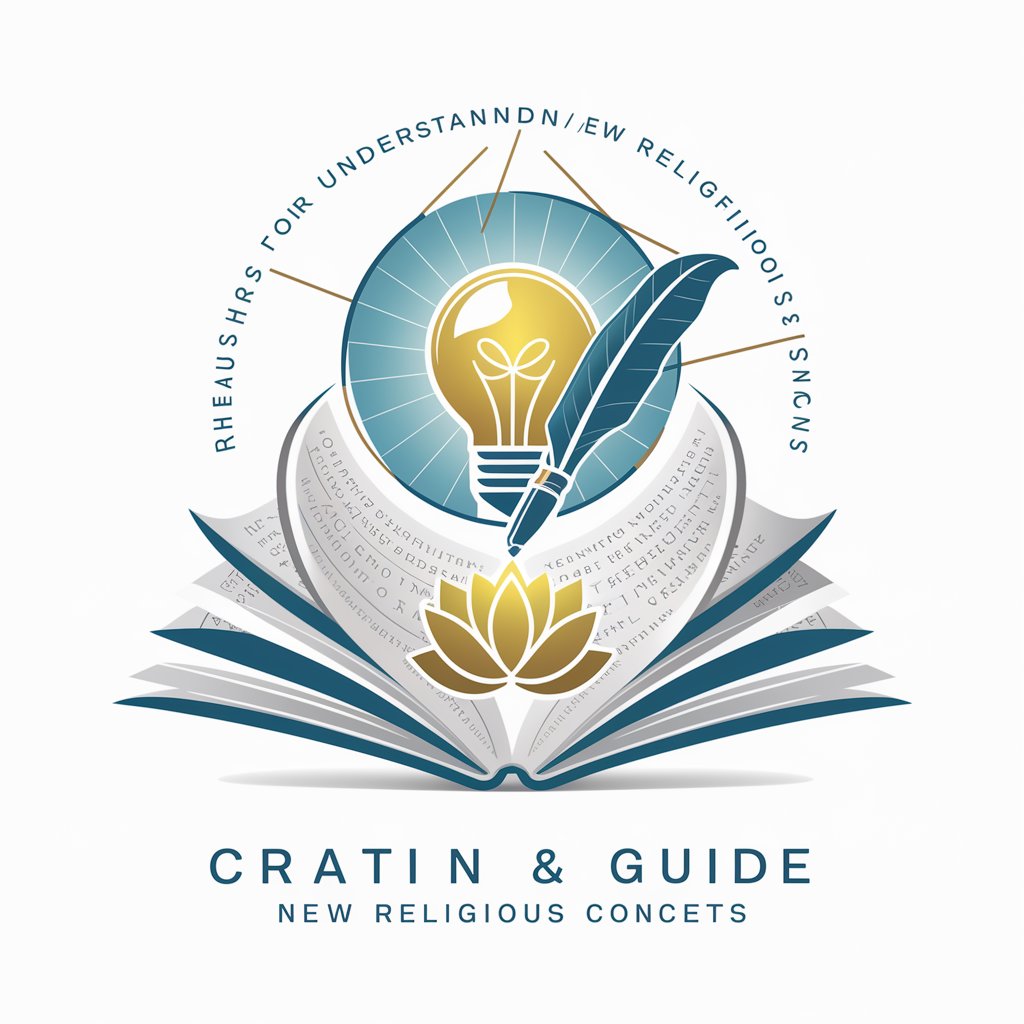
Philosophy & Religion Faculty Assistant
Empower Your Teaching with AI

Religion Insight Guide
AI-Powered Religious Knowledge Navigator
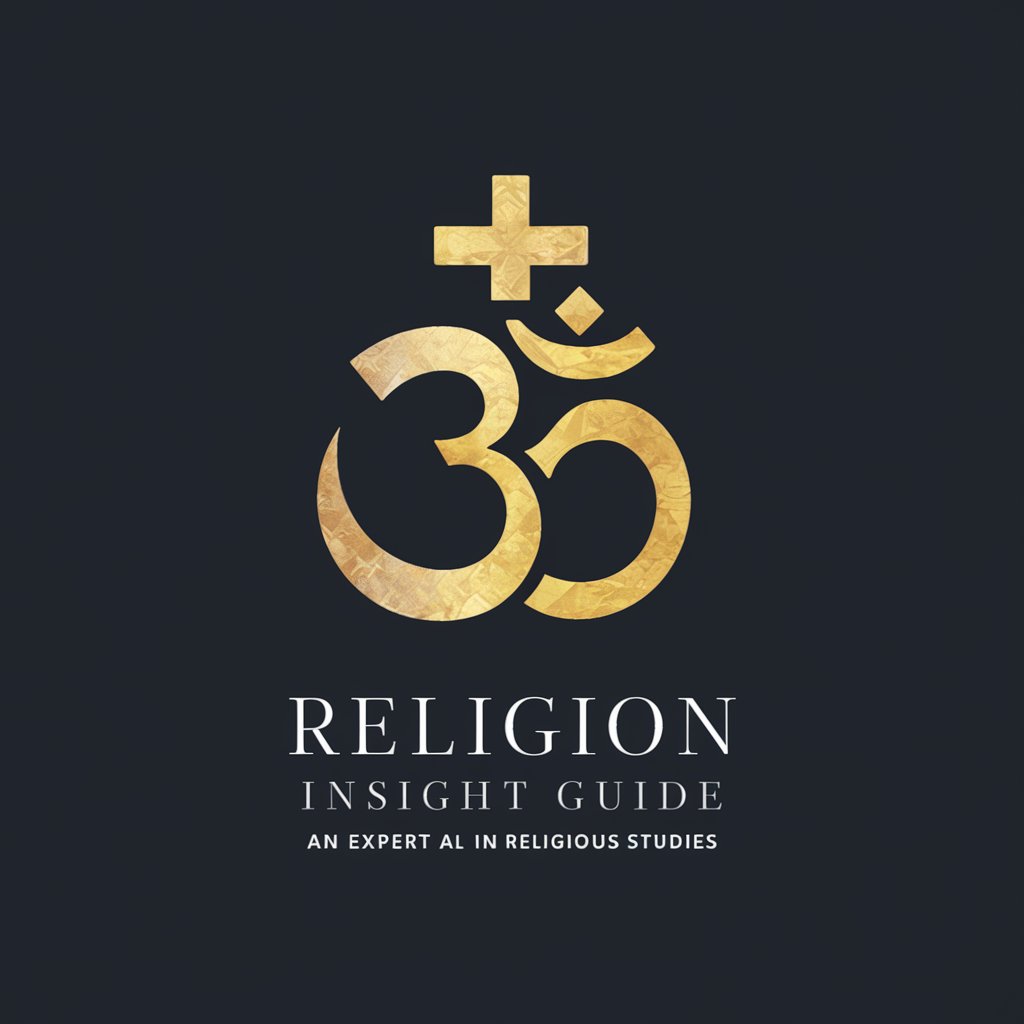
Religion Creator Guide
Empowering Spiritual Exploration with AI
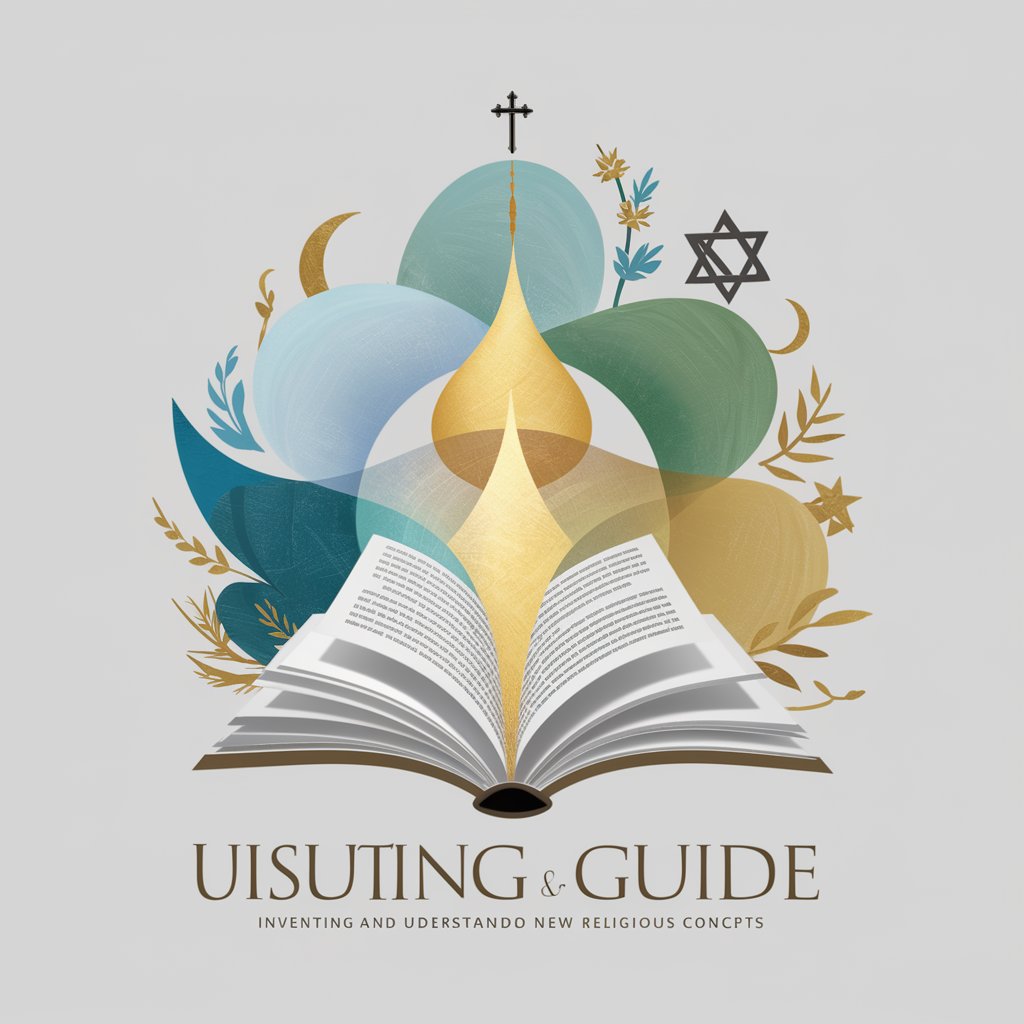
Pokemon Deck Master Pro
Build, Test, and Win with AI!

Slide Deck Sage
Enhancing Presentations with AI

Eastern Religion Explorer
Exploring Hinduism through AI

All of Religion
Explore Religions with AI
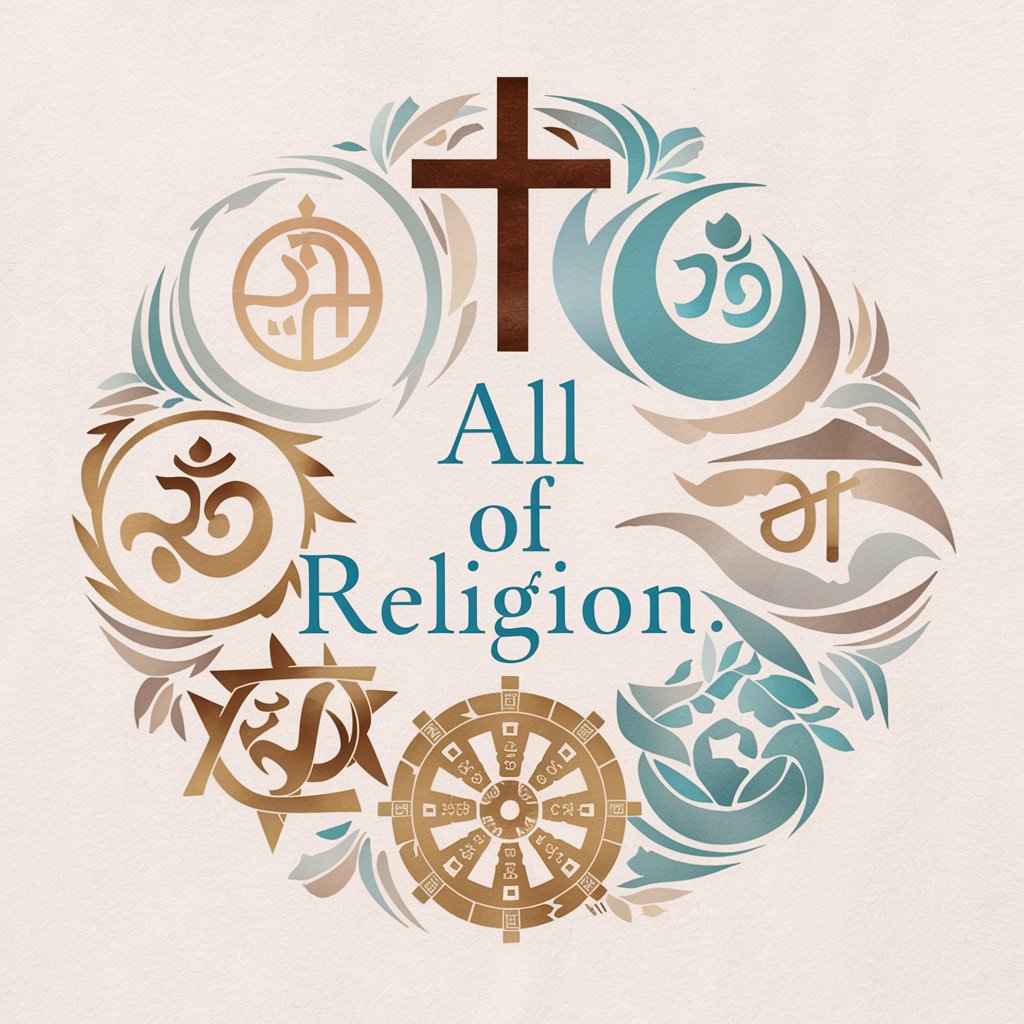
Anthropology of Religion Tutor
Unlocking the Secrets of Religious Practices with AI

Religion and Faith Explorer
Exploring Faith with AI-powered Insights
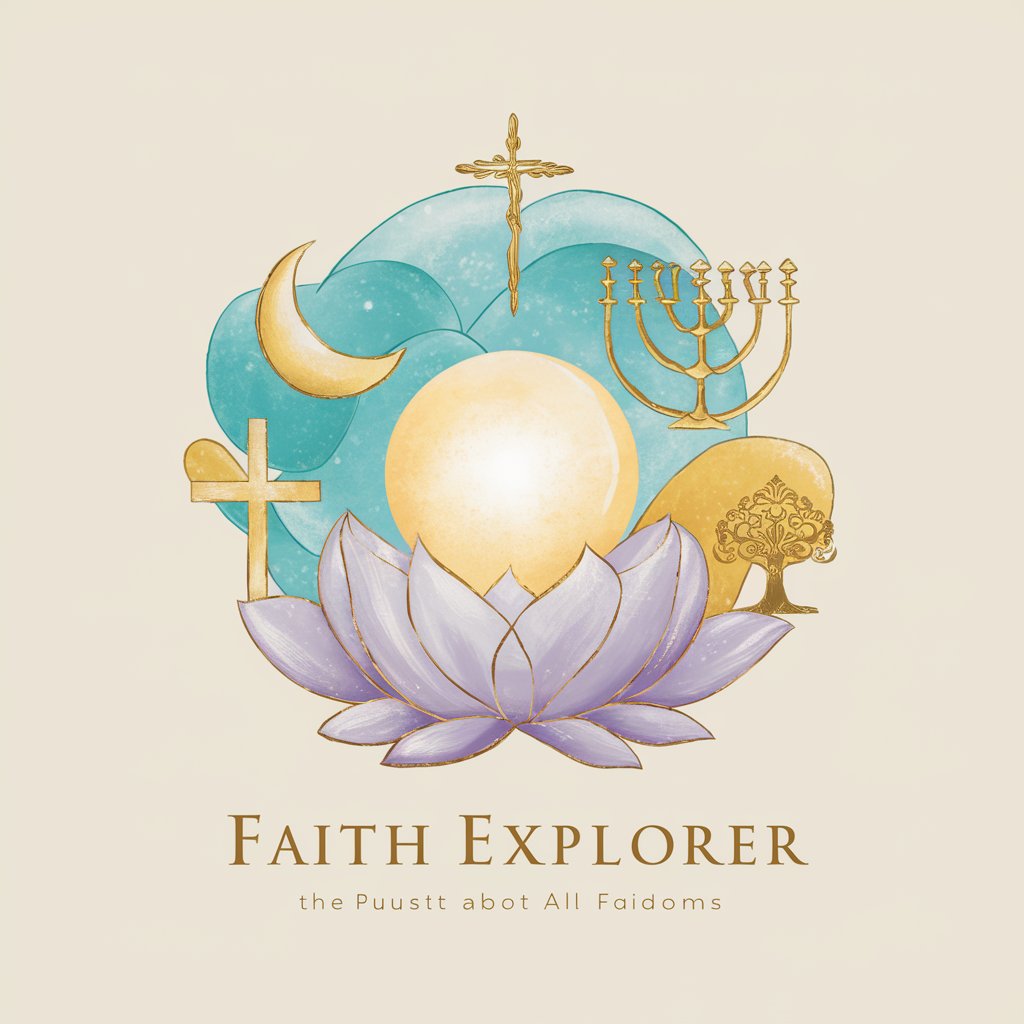
Religion architect
Craft New Religions with AI

Religion Talks: Speak with any Saint, All Saints
Engage with the wisdom of saints, powered by AI

Frequently Asked Questions About Comparative Religion Study
What is Comparative Religion Study?
It's a specialized AI tool designed to facilitate the study and comparison of religious texts, practices, and beliefs across different traditions. It helps users explore how religious beliefs have evolved and interconnect.
How does this tool ensure unbiased comparisons?
The tool is programmed to maintain a neutral stance, treating all belief systems with respect. It draws on a vast database of scholarly resources to provide balanced insights and analyses.
Can I use this tool for academic research?
Absolutely. This tool is ideal for students, scholars, and anyone interested in deepening their understanding of religious studies through comparative analysis.
Is there a way to save or document the comparisons I make?
Yes, users can document their queries and the responses received. While the tool does not directly save sessions, users are encouraged to take notes or use external means to keep track of their research.
How can this tool help in understanding contemporary religious issues?
By providing historical context and comparative analysis, the tool can offer insights into the roots of contemporary religious issues, facilitating a deeper understanding of current events.
